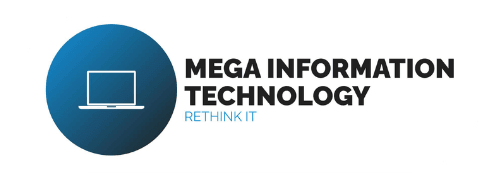Why Healthcare IT Services Are Crucial for Patient Data Security
The Importance of Healthcare IT Services
In an era where digital transformation is at the forefront of every industry, healthcare is no exception. The integration of IT services in healthcare has revolutionized how patient data is managed, stored, and protected. With the increasing volume of sensitive patient information being handled digitally, the need for robust data security mechanisms has never been more critical.
Healthcare IT services play a pivotal role in safeguarding patient data from breaches and unauthorized access. These services ensure that patient information is handled with the highest standards of confidentiality and integrity. As healthcare providers continue to adopt digital solutions, the importance of IT services in maintaining data security becomes ever more apparent.

Challenges in Protecting Patient Data
One of the significant challenges in healthcare data security is the sheer volume of data that needs to be protected. With millions of patients, healthcare facilities manage vast amounts of sensitive information daily. This data includes medical histories, personal identification details, and billing information, all of which are highly attractive targets for cybercriminals.
Moreover, healthcare systems are often targeted by sophisticated cyberattacks due to the value of the data they hold. Ransomware attacks and data breaches can lead to severe consequences, including financial loss, legal penalties, and damage to a healthcare provider's reputation. Therefore, implementing comprehensive IT services becomes essential to fend off these threats.
The Role of Advanced Technologies
Advanced technologies such as encryption, firewalls, and intrusion detection systems are integral components of healthcare IT services. These technologies ensure that only authorized personnel have access to sensitive information. Encryption, for example, converts data into a code that can only be decoded with the correct key, making it unreadable to unauthorized users.
Additionally, regular software updates and security patches are crucial in protecting systems against vulnerabilities. By keeping systems up-to-date, healthcare providers can mitigate potential risks and ensure that their data security measures remain effective against emerging threats.

Compliance with Regulatory Standards
Healthcare IT services also ensure compliance with regulatory standards such as the Health Insurance Portability and Accountability Act (HIPAA) in the United States. HIPAA sets national standards for the protection of patient information and requires healthcare providers to implement strong data protection measures.
Regular audits and assessments conducted by IT services help healthcare organizations maintain compliance with these regulations. By doing so, they not only protect patient data but also avoid costly fines and legal issues associated with non-compliance.
Building Trust with Patients
Trust is a fundamental component of the patient-provider relationship. When patients know that their data is secure, they are more likely to engage openly with their healthcare providers. This transparency leads to better patient outcomes and enhances the overall quality of care.
Healthcare IT services contribute significantly to building this trust by ensuring that patient data is handled securely and responsibly. When providers demonstrate a commitment to protecting sensitive information, they foster a stronger bond with their patients.

The Future of Healthcare IT Services
The future of healthcare IT services lies in continuous innovation and improvement. As technology evolves, so too must the strategies for securing patient data. Emerging technologies such as artificial intelligence and machine learning are set to play a significant role in enhancing data security measures.
By leveraging these advanced technologies, healthcare providers can proactively identify potential threats and implement necessary safeguards to protect patient information. This proactive approach ensures that healthcare IT services remain a cornerstone of patient data security.
